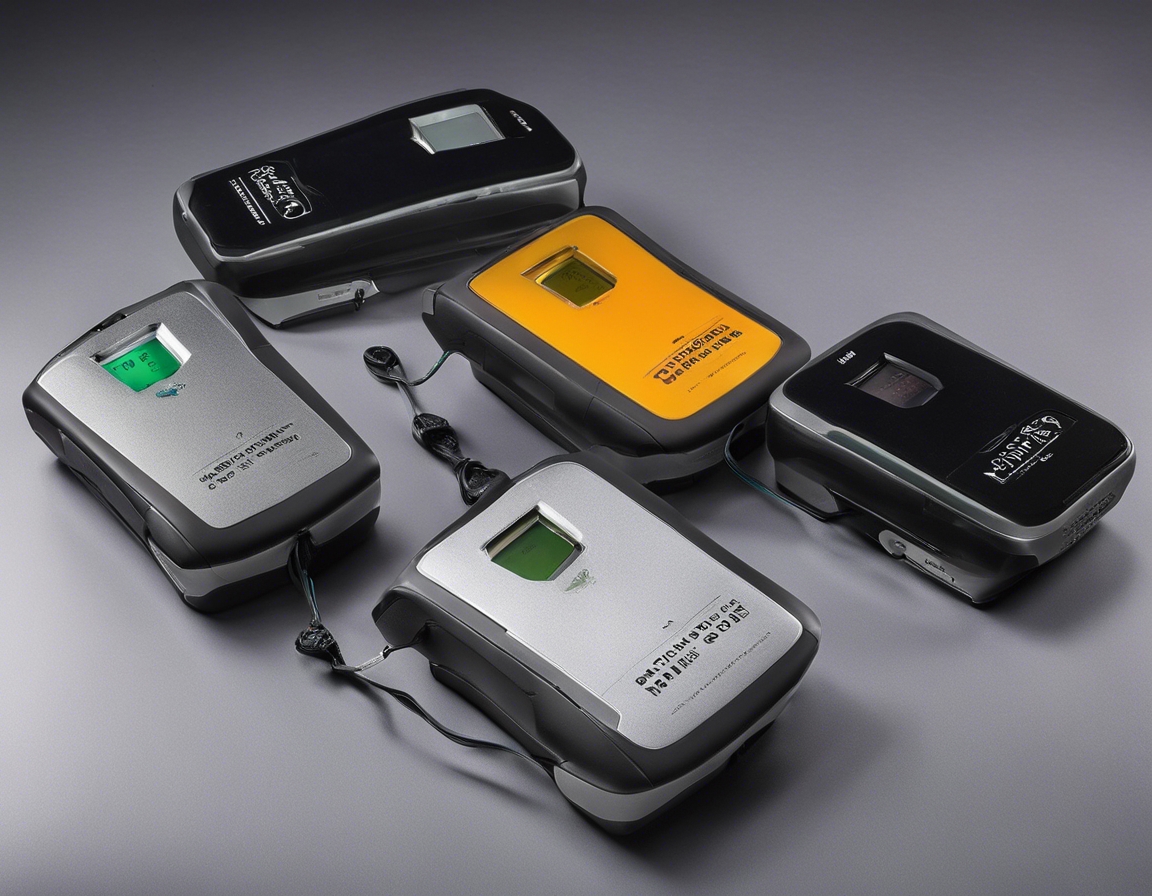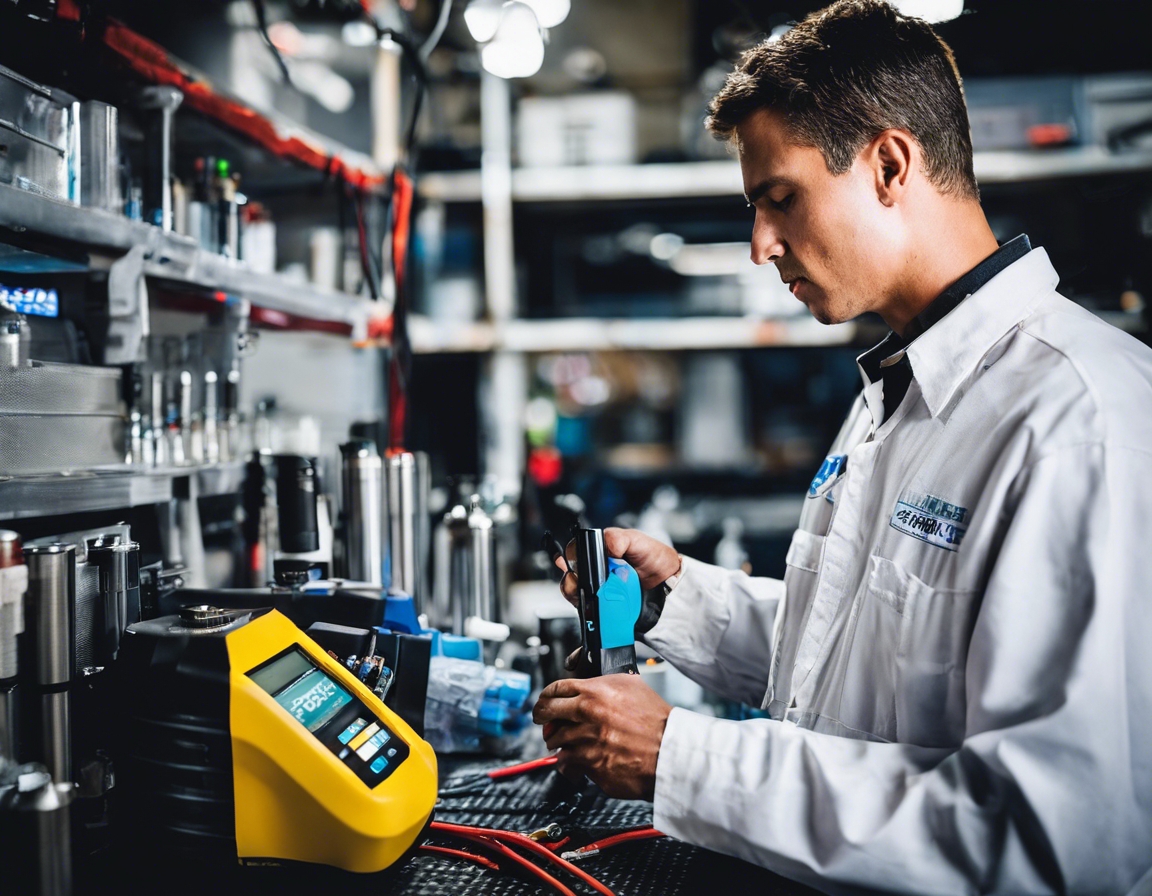How to ensure your breathalyser gives accurate readings
Ensuring the accuracy of a breathalyser is critical for personal safety, legal compliance, and public welfare. An inaccurate reading can have serious consequences, from legal repercussions to endangering lives. ROVICO BÜROO OÜ understands the importance of reliable alcohol monitoring and is dedicated to providing insights on maintaining breathalyser accuracy.
Understanding the Importance of Calibration
Calibration is the process of adjusting a breathalyser to measure alcohol levels accurately. It involves comparing the device's readings with a known standard and making necessary adjustments.
Frequency of calibration depends on the device's model and usage. Generally, it is recommended to calibrate professional-grade breathalysers every six months or after a certain number of tests.
Best Practices for Breathalyser Use
Before conducting a test, ensure that the individual has not consumed alcohol or anything containing alcohol for at least 15 minutes. This period allows for the dissipation of any residual alcohol from the mouth.
Follow the manufacturer's instructions closely during the test. Ensure the test subject breathes normally and blows steadily into the device for the recommended duration.
After testing, clean the breathalyser according to the manufacturer's guidelines. Replace mouthpieces and perform any necessary maintenance to keep the device in optimal condition.
Factors That Affect Breathalyser Accuracy
Residual mouth alcohol can significantly affect readings. To avoid this, wait the recommended time after eating, drinking, or smoking before testing.
Temperature, humidity, and other environmental factors can impact breathalyser performance. Use the device within the recommended environmental conditions.
Certain health conditions and medications can alter breathalyser readings. Be aware of these potential influences when interpreting results.
Choosing the Right Breathalyser
There are various types of breathalysers, from personal to professional-grade devices. Choose one that suits your specific needs and complies with industry standards.
When selecting a breathalyser, consider features such as accuracy, ease of use, and the ability to store test results.
Legal and Ethical Considerations
Be aware of the legal blood alcohol concentration (BAC) limits in your area. Breathalysers should be used to ensure compliance with these limits.
As a user of a breathalyser, you have an ethical responsibility to ensure the device's accuracy for the safety of yourself and others.






Comments (0)